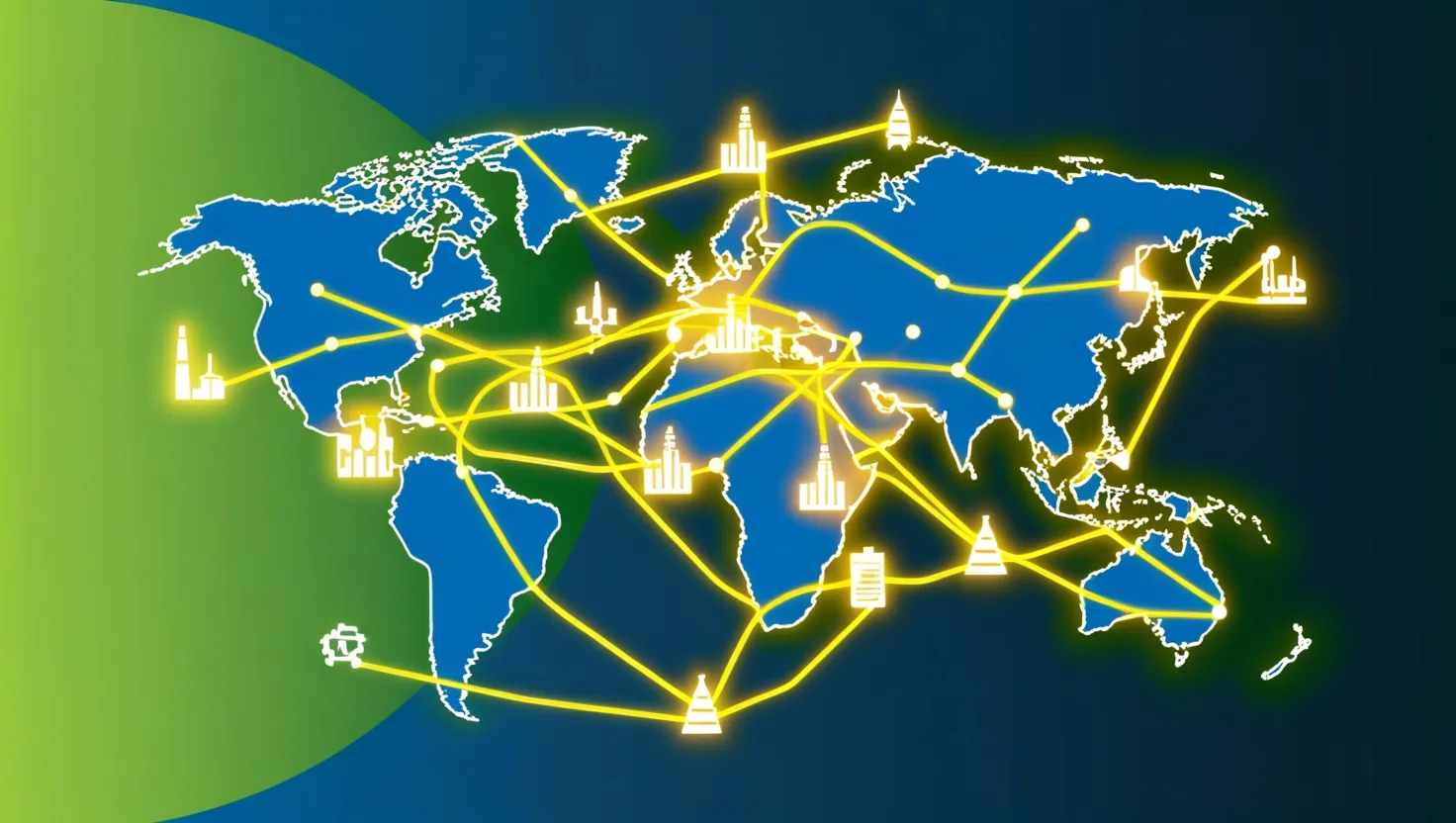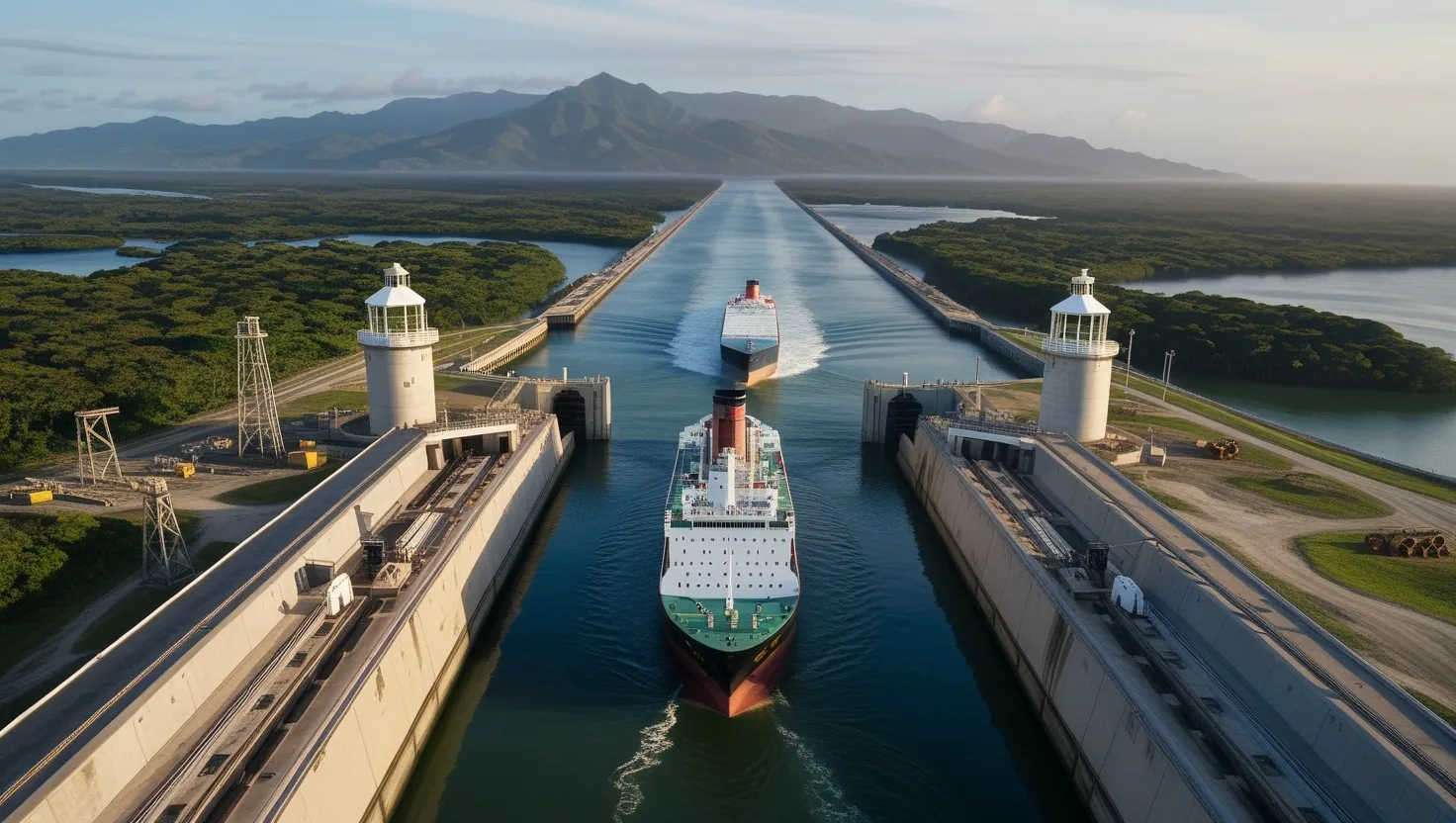In the intricate web of global finance, a new breed of investor has risen to prominence: the sovereign wealth fund. These state-owned entities, fueled by a country’s surplus reserves, have transformed the investment landscape in ways both subtle and profound.
To understand the significance of sovereign wealth funds, it’s essential to look back at their origins. The Kuwait Investment Authority, established in 1953, is often cited as the first modern sovereign wealth fund. However, it was the oil boom of the 1970s that truly set the stage for their proliferation, particularly in nations rich in natural resources.
A Multifaceted Role
Sovereign wealth funds serve several critical purposes. They stabilize national economies by managing excess revenues, diversify revenue sources to reduce dependence on a single commodity, and generate long-term returns to secure future generations’ financial well-being. This multifaceted role makes them indispensable tools in a country’s economic arsenal.
“As financial markets become increasingly interconnected, the role of sovereign wealth funds in stabilizing national economies and generating returns becomes more crucial,” notes a financial analyst. But what does this look like in practice?
Investment Strategies
These funds invest in a broad spectrum of assets, from the traditional stocks and bonds to the more complex realms of real estate and private equity. This diversification allows them to mitigate risks and maximize returns, making them savvy players in the global investment game.
For instance, Norway’s Government Pension Fund Global, one of the largest sovereign wealth funds, has assets totaling nearly $1.8 trillion. This fund’s investments span across various sectors, including technology, healthcare, and renewable energy, reflecting a strategic shift towards sustainable and innovative sectors.
Global Impact
The growth of sovereign wealth funds has had far-reaching implications for global financial markets. Their large-scale investments can move markets and influence corporate behavior, creating both opportunities and concerns in recipient countries.
“Think of Middle East sovereign wealth funds amassing wealth through oil and gas exports and using it to build their renewable energy markets,” explains an expert. This transition is not just about economic diversification but also about shaping the future of entire industries.
Transparency and Governance
One of the most pressing issues surrounding sovereign wealth funds is transparency and governance. The Santiago Principles, established in 2008, aimed to address these concerns by providing voluntary guidelines for fund operations and disclosure. However, the implementation of these principles remains a challenge, with some funds still operating under a veil of secrecy.
“Transparency is key to building trust,” says a governance expert. “Without it, sovereign wealth funds risk being viewed as opaque and potentially threatening to national security.”
Strategic Investments
In recent years, sovereign wealth funds have increasingly focused on strategic investments in technology and infrastructure. This shift reflects changing global economic dynamics and the funds’ evolving role in national economic strategies.
For example, the Indonesia Investment Authority has been at the forefront of innovative approaches to attracting foreign capital and supporting long-term economic diversification. Such initiatives not only boost local economies but also contribute to global development goals, such as the transition to green energy and sustainable development.
Emerging Markets and Global Power Shifts
The rise of sovereign wealth funds highlights the changing nature of global capital flows and the increasing economic power of emerging markets. As these funds grow, they are not just passive investors; they are active shapers of global investment trends and international economic relations.
“Over the past two decades, sovereign wealth funds have firmly established themselves as critical long-term global investors,” observes an economist. This trend is expected to continue, with emerging economies like India attracting significant investments due to their strong economic performance and green transition policies.
The Future Ahead
As we look to the future, it’s clear that sovereign wealth funds will continue to play a pivotal role in shaping global investment landscapes. With assets under management reaching a record $13.2 trillion in 2024, their influence is only set to grow.
“The exponential growth of sovereign wealth funds raises intriguing questions for observers today,” notes a financial analyst. “As the largest investment vehicles in the world, they could soon exert more influence than many nations.”
A New Era of Global Finance
In this new era of global finance, sovereign wealth funds are not just investors; they are stewards of national wealth and drivers of economic change. Their ability to stabilize markets, diversify economies, and invest in strategic sectors makes them indispensable.
As the world navigates the complexities of a rapidly changing economic landscape, one thing is certain: sovereign wealth funds will be at the forefront, shaping the future of global investment and economic development.
“Finance is not merely about making money; it’s about creating value,” says Warren Buffett. In the context of sovereign wealth funds, this value extends beyond financial returns to include sustainable development, economic stability, and a brighter future for generations to come.
So, what does the future hold for these powerful financial entities? Only time will tell, but one thing is clear: their impact will be felt for years to come.






